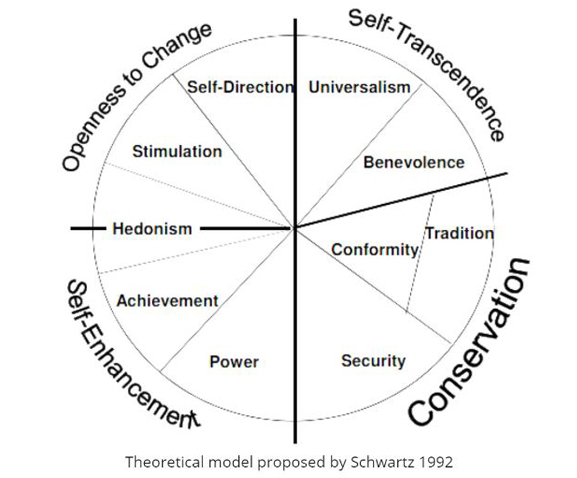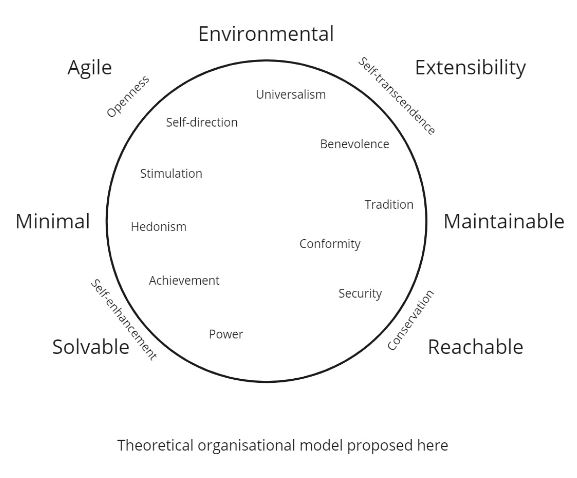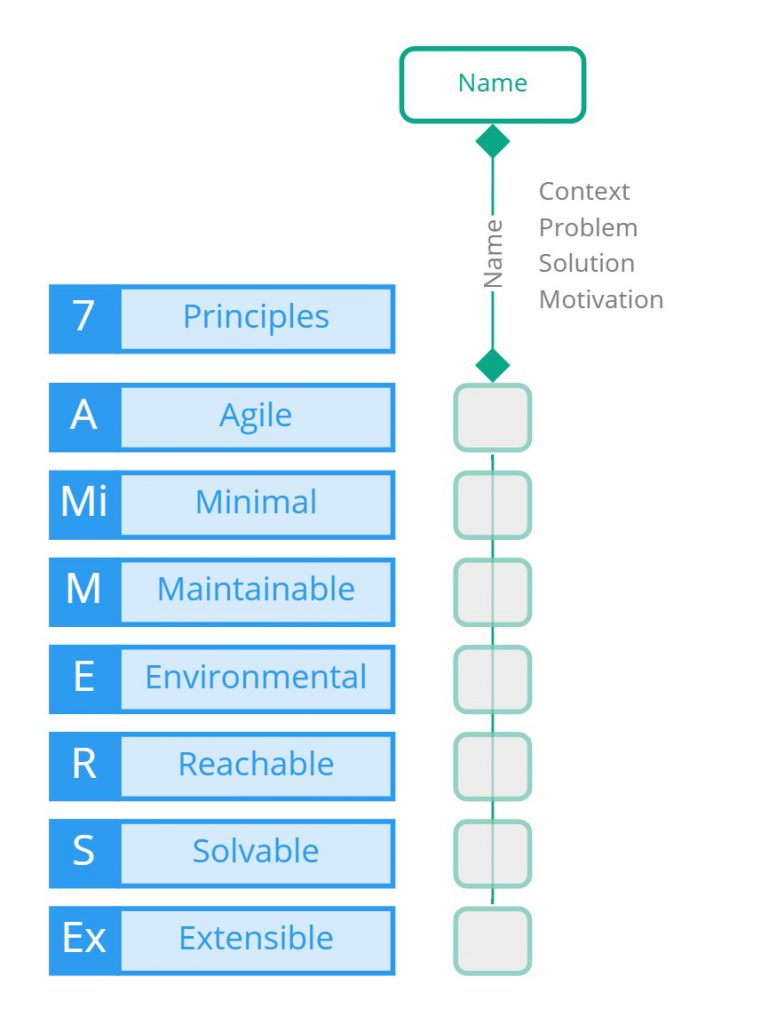There are many kinds of values
- Personal Values
- Group Values
- Organisational Values
- Societal Values
Searching the internet for list of values, you will find dozens that include things like:
- Self-Respect
- Honesty
- Generosity
- Openness
- Uniqueness
- Assertiveness
- Courage
- Well-being
- Loyalty
- Compassion
- Security
- Tolerance
- Freedom
Values underpin our behaviour
“Values drive behaviour. They can be thought as the principles by which both individuals and organisations live.”
Wendy Sullivan, Robert Sullivan & Barbara Buffton (2001) Aligning individual and organisational values to support change, Journal of Change Management, 2:3, 247-254, DOI: 10.1080/738552750
“When we think of our values, we think of what is important to us in life. Each of us holds numerous values (e.g., achievement, security, benevolence) with varying degrees of importance.”
“Values refer to desirable goals that motivate action. People for whom social order, justice, and helpfulness are important values are motivated to pursue these goals.”

Schwartz, S. H. (2012). An Overview of the Schwartz Theory of Basic Values. Online Readings in Psychology and Culture, 2(1). http://dx.doi.org/10.9707/2307-0919.1116
Values as drivers for decisions and design
When it comes to values such as "integrity" or "respect", it is difficult to quantify, measure or perhaps futile to try. In the workplace, it can also be difficult to communicate how we feel.
Most of us, would not be able to articulate which values are more important, let alone how they affect us. We may not be comfortable in discussing personal values in the organisation with complete transparency. If asked, do you value respect, timeliness and excellence, who would say no?
Yet, our values drive our decision making, our behaviour and how we determine value. It helps us get up in the morning, whether we love our job, whether we are comfortable, happy, open, caring and all the other human things that drives our lives and our work.
Organisational values or "core values" are values which the organisation can get behind. They are meant to shape the culture. We typically have an organisational vision and need alignment. But then again, different values are useful for diversity, reduce group think and other aspects.
“Culture eats strategy for breakfast” - Peter Drucker
AMMERSE layer of abstraction
Here is a model proposed by Jonathan B. Crossland, which serves as a layer of abstraction. There are seven values, and although it is more complicated than this linear model, it is mapped onto the Schwartz model to show a relationship, even if tenuous.

The model shows an approximation of what the seven principles could be on the Schwartz model, but the principles can actually be composed of many values.
By only talking about the seven principles and excluding values such as "honesty", "respect", "tolerance" or the dozens more, we can focus on a set of values which summarises the lower layer of personal values.
Now we can talk about Agility and Maintainability, without delving down into self-direction, tradition and conformity. At the higher abstraction, you can more easily communicate about what is important without being overly personal. It allows for a new communication language.
Read the paper
Here the AMMERSE language is proposed to provide a value oriented language.
An abstraction language for aligning Individual and Organisational values



